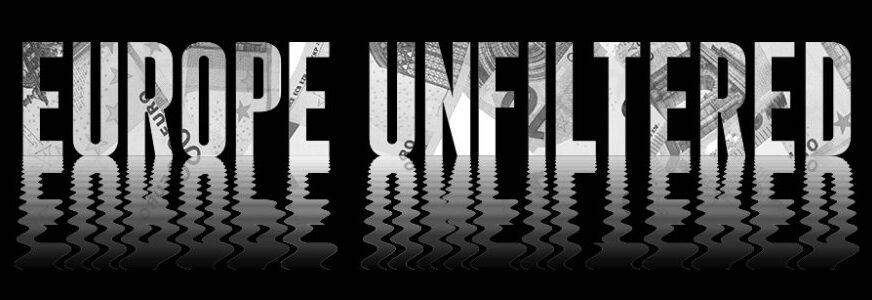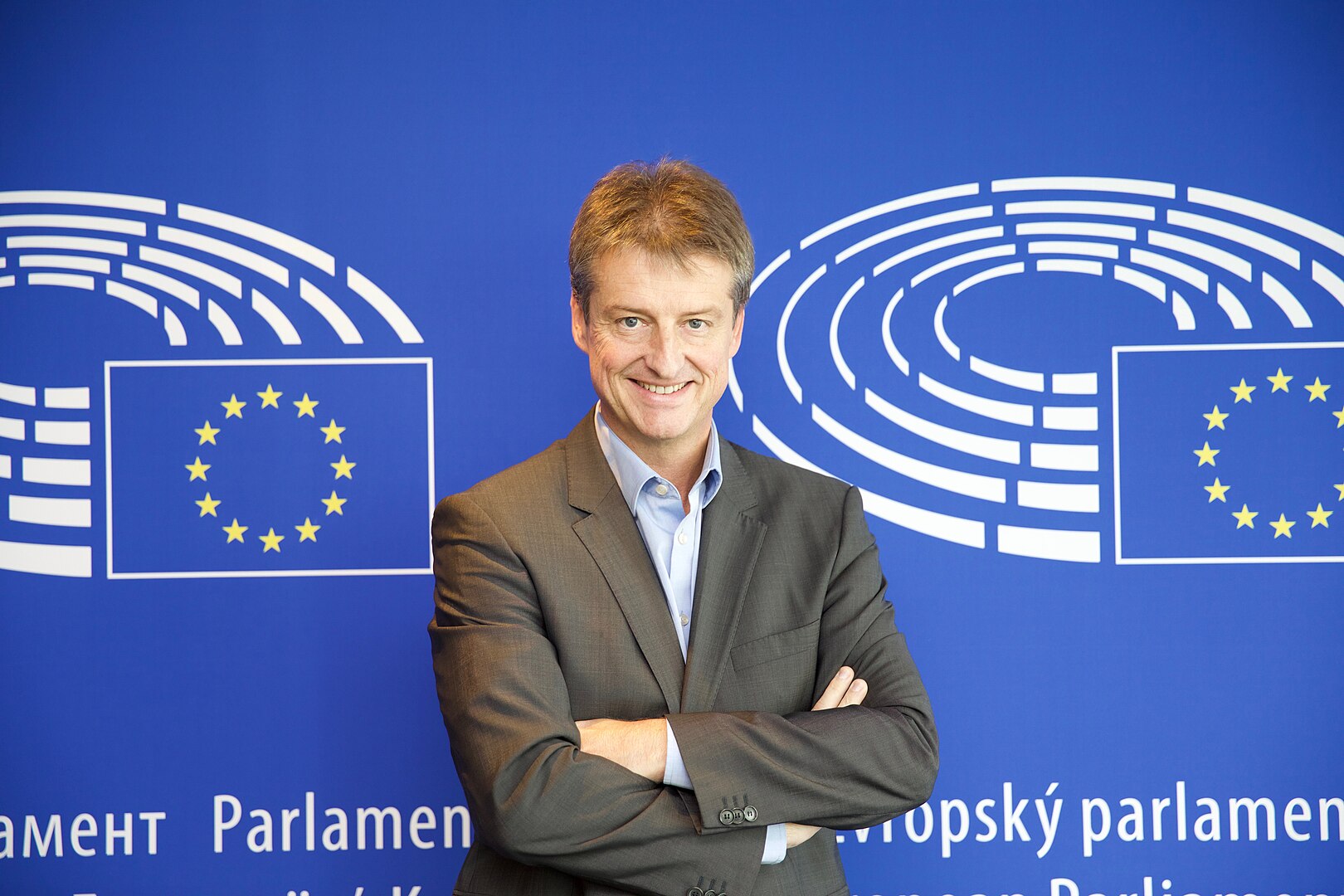“The Renew Europe Group welcomes the adoption today during plenary session of the report on recommendations for reform of the European Parliament’s rules on transparency, integrity, accountability and anti-corruption”.
At least according to their statement issued in July 2023.
Integrity, the quality of being honest and showing uncompromising adherence to strong moral and ethical principles and values, is a recurring element of statements, declarations and manifestos published by the Renew Europe Group. When the European Parliament finally adopted those long-awaited amendments to its internal rules, the grouping declared it an “essential step forward for transparency, integrity, independence and accountability”, boasting about the role Renew Europe had in the process.
Usually, it is the “notorious enemies of rule of law”, “far-right” parties or MEPs involved in major corruption scandals who are accused of lacking this much valued quality.
Yet maybe the European Renaissance could start from within.
In the very heart of the Renew Group, a gathering point for many with questionable morals.
One of them is Olivier Chastel, a MEP from Belgium’s Liberal Party “Mouvement Réformateur” (MR). Vice Chair of the Committee on Budgets. Member of the Committee on Budgetary Control, substitute in 4 others, including LIBE (Committee on Civil Liberties, Justice and Home Affairs).
According to the latest MEP unAwards, Mr. Chastel was busy as a bee during his (almost) five year long tenure. Rapporteur for 22 reports, shadow rapporteur for another 77. Author of opinions, an active questioner.
With putting his name on a staggering 14,438 amendments (more than 2500 more than Maria-Manuel Leitao-Marques, who occupies the second position with 11,895 amendments), he earned the “wingman” title. His goal was noble, “I think it’s important to support the work of my colleagues when it meets my political objectives”.
Supposing that he has been working day and night ever since the constituent session of the freshly elected European Parliament on July 2, 2019, he signed off 8.17 amendments every single day (14,438 divided by 1766, the number of days passed since the opening session). Including holidays and days when the European Parliament was not in session.
It is hard to believe that Mr. Chastel had the time and energy to get a complete understanding of the effects of each amendment he approved, elongating the already lengthy list of ill-prepared and researched proposals submitted to the European Parliament.
Unless, of course, his political objectives were somewhat fluid or focused mainly on getting enough votes for other projects. (As there are four Renew members among the top ten “amenders”, it might be the case.)
Legal? Beyond any doubt.
Ethical? Probably not.
To give one’s vote for the sake of gaining friends, or, as Mr. Chastel put it, “It is always easier to go into a negotiation room with full support”, casts serious doubts on a politician’s moral integrity.
But at least earned him a very impressive 56th place in EUMatrix’s 2022 Influence Index, that measures influence through a combination of criteria, including political network.
Not surprisingly, this isn’t the first time when a shadow was cast on Mr. Chastel, a fact that qualified him for a less impressive place within the 25 percent of MEPs who have been involved in a scandal. Belgian MEPs seem to be prone to bad behaviour, amongst the 21 Belgians, 6 had troubles with maintaining their integrity (that’s about 28.6 percent).
In 2016, during his ten years as the Member of the Belgian Parliament, Mr. Chastel was accused of having accepted various gifts from football agent Arnaud “Mogi” Bayat. During the so called “Belgian Football Fraud Scandal”, the latter was accused of setting up a scheme to hide commissions from Belgian authorities, setting up a criminal organisation and money laundering. Mr. Chastel was said to have arranged for a fast-track visa to Senegalese player Stéphane Badji (to facilitate his last-minute transfer). He received exclusive tickets (to the VIP tribune) and jerseys of the Anderlecht Football Club (with his name and his sons’ names on them) in exchange for his services.
In 2019, another scandal hit much closer home. The ISPPC (intercommunal public health association) hospital in Charleroi (the birthplace of Mr. Chastel) appointed Mr. Chastel’s half-brother, Thomas Salden (himself a former vice-president of the organization) to a highly-paid managerial position (a position rumoured to have been established especially for him). Mr. Chastel denied that he had knowledge about the appointment or tried to influence the procedure.
Interestingly enough, Mr. Chastel used to be the president of the ISPPC (he regularly reported about his activity as ISPPC president on his personal website). Abiding to the principles of transparency and integrity, this position is not mentioned in his official CV on the European Parliament’s website or in the “biography” section of his own page.
He was either already as busy as later during his MEP years, or showed the same superficial approach to problems at hand, it is hard to believe that he was completely oblivious of the events even if those happened after his tenure (or after Mr. Salden’s stint as VP).
When the scandal broke, Walloon minister Valérie De Bue (MR) overturned the decision, and the board of directors complied, claiming that they wanted to repair the tarnished image of the organization and show complete transparency.
Corruption is not always grand-scale.
But from those who argue for more transparency and integrity, a minor infraction is more than enough.

